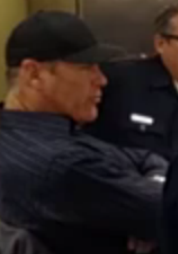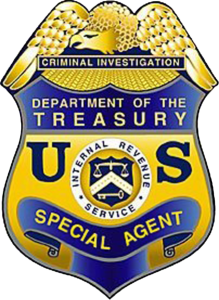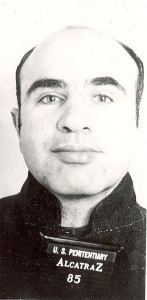
Good evening. My name is John Tronson. I’m a member of the Hollywood Entertainment District, which is a property-owner based business improvement district in Hollywood.
All these people start off by saying something true. It’s meant to lull your suspicions. Don’t let it.

The way a property-based BID works is this: If the majority of the property owners in a district agree, the city adds an extra assessment to their property tax, keeps some part of the money raised for administrative overhead, and distributes the rest back to the BID to spend on specific kinds of services in the district. There are two important points to remember. First, a BID can be established over the objection of individual property owners. Only a majority need approve. Second, once a BID is established, the assessment is no longer voluntary. It is compulsory. Non-payment is punishable by the full range of state action2 up to and including violent confiscation of property. In other words, this assessment, once paid, is a tax. After all, income tax might be considered voluntary in this same sense. The Sixteenth Amendment to the Constitution was put in place by elected representatives, so in a way, the people to be taxed consented to the taxation. But now that it’s in place, income tax is no longer voluntary, just as BID assessments are no longer voluntary. This is consistent with the standard definition:

Now, everyone who pays taxes has, at one point or another, thought of that money as still their own. But really, it’s not. Try telling a cop not to give you a ticket because you pay their salary with your “own money.” Try telling a professor at UCLA they have to give your kid an A+ because it’s your “own money” that supports them. It’s a losing argument. Taxes, once paid, belong to the public, not to the people who paid them. BID assessments are taxes. BID assessments are public money. Now, as to John’s statement about what they do with that public money, it’s true as far as it goes. That’s not all they spend the money on, but they do spend it on that. We won’t argue. Onward!
Continue reading John Tronson in Van Nuys: Money doesn’t talk, it swears1
